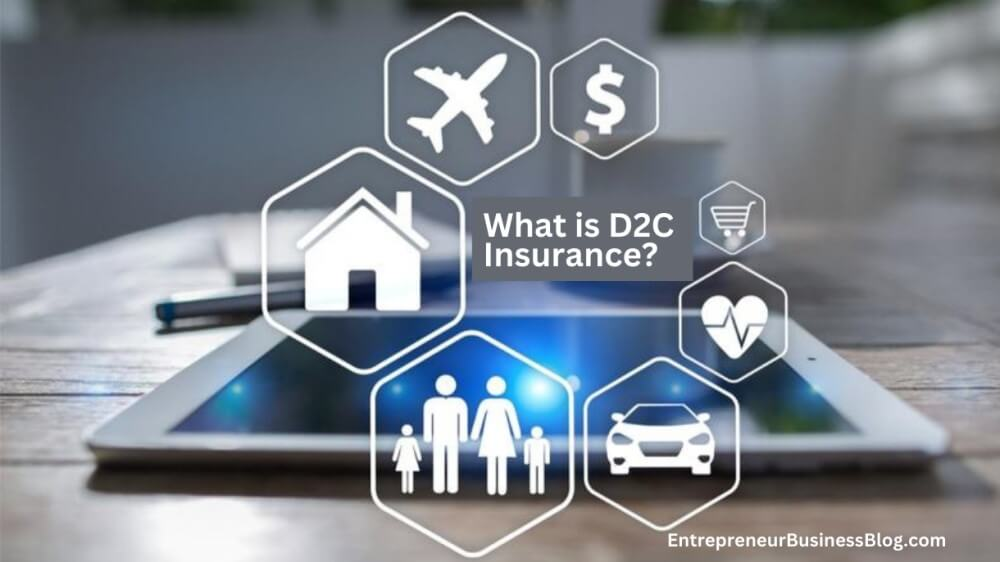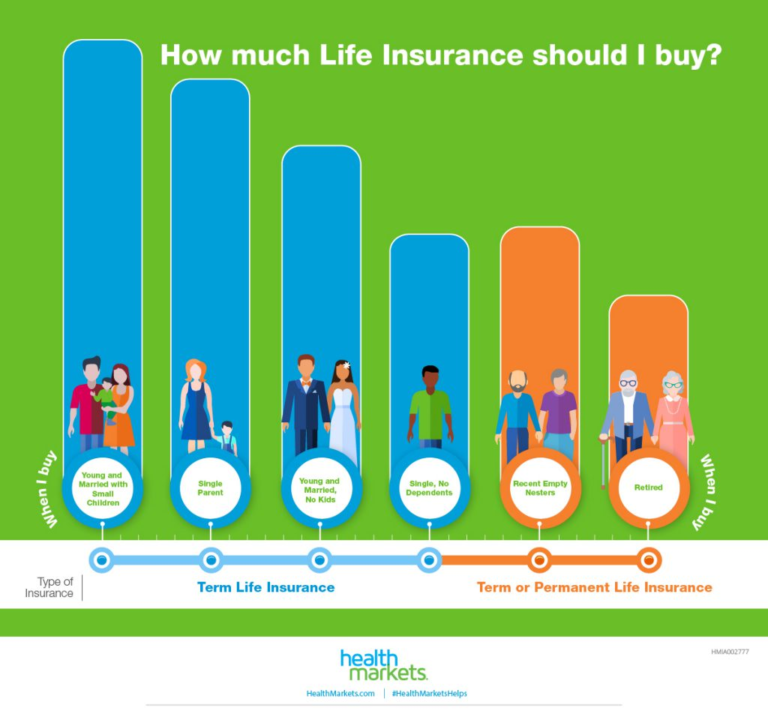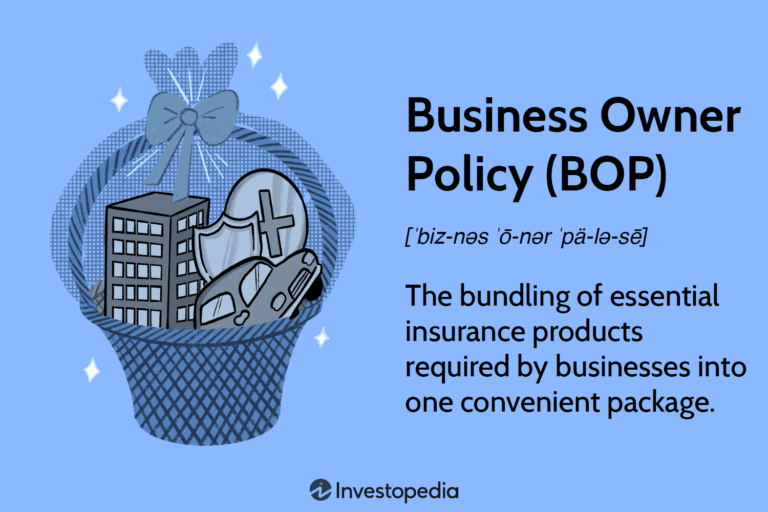D2C Insurance: Transforming the Insurance Sector Today
In the rapidly evolving landscape of the insurance industry, D2C Insurance, or Direct to Consumer Insurance, is revolutionizing how policies are marketed and sold. By eliminating the middleman, this innovative approach enhances clarity and accessibility for consumers, making it easier than ever to understand and purchase personalized insurance products. As the insurance sector undergoes disruption fueled by advancements in insurance technology, companies are prioritizing customer experience to meet the growing demands of their clients. This shift not only simplifies the purchasing process but also allows for tailored solutions that address individual needs. In this article, we will explore the transformative impact of D2C Insurance and its role in redefining traditional insurance practices.
The concept of direct-to-consumer insurance is reshaping the way individuals engage with insurance providers, ensuring a streamlined and efficient experience. This model allows customers to bypass traditional agents and brokers, making the process of acquiring insurance more straightforward and user-friendly. As the insurance industry embraces this paradigm shift, it focuses on enhancing technology-driven solutions that cater to the modern consumer’s preferences. With an emphasis on delivering personalized insurance products and improving overall customer satisfaction, this new approach is setting the stage for a more responsive and innovative insurance landscape.
Understanding D2C Insurance: A New Era in the Insurance Sector
Direct to Consumer (D2C) insurance represents a significant shift in the insurance landscape, eliminating the need for intermediaries such as agents and brokers. This transformation is largely driven by advancements in insurance technology, which enable companies to reach consumers directly through online platforms. By removing the middleman, insurers can provide clearer, more straightforward policies, fostering a better understanding of coverage options for consumers. This model not only enhances accessibility but also streamlines the purchasing process, allowing customers to make informed decisions quickly.
Moreover, the D2C model allows insurance providers to gather valuable data directly from consumers, leading to a more personalized customer experience. By analyzing customer interactions and preferences, insurers can tailor their offerings to meet specific needs, creating personalized insurance products that resonate with individual consumers. As the insurance sector continues to evolve, D2C insurance is positioned to play a pivotal role in shaping the future of how policies are marketed and sold.
How D2C Insurance is Changing Customer Experience
The customer experience in the insurance industry has been revolutionized by the D2C insurance model. Traditionally, consumers often faced lengthy and complicated processes to understand and purchase insurance policies. However, with the rise of D2C insurance, the focus has shifted towards enhancing the overall customer journey. Insurers are now leveraging technology to provide real-time information and support, ensuring that customers have access to the resources they need at their fingertips. This shift towards a more customer-centric approach not only improves satisfaction but also builds trust between consumers and insurers.
Additionally, the implementation of personalized chatbots and automated processes has further streamlined customer interactions. These technologies enable consumers to receive immediate assistance, guiding them through policy options and helping them make decisions with confidence. As a result, the D2C insurance model not only enhances the efficiency of the purchasing process but also cultivates a more engaging and fulfilling experience for customers, ultimately leading to higher conversion rates and customer loyalty.
The Role of Technology in D2C Insurance
Insurance technology, or InsurTech, plays a crucial role in the success of D2C insurance. By utilizing cutting-edge digital solutions, insurers can create seamless online experiences that cater to the needs of modern consumers. These technologies enable companies to optimize their marketing strategies, reaching potential customers through various digital channels such as social media, apps, and email marketing. The ability to analyze consumer behavior and preferences allows insurers to tailor their offerings, ensuring that they deliver relevant products and services that resonate with their target audience.
Furthermore, the integration of data analytics within D2C insurance platforms helps companies identify trends within the market, enabling them to adapt quickly to changing consumer demands. This agility not only enhances the competitive edge of insurers but also leads to the development of innovative, personalized insurance products that address specific consumer pain points. As technology continues to advance, D2C insurance will likely leverage even more sophisticated tools to enhance customer engagement and satisfaction.
Personalized Insurance Products: Meeting Consumer Needs
One of the standout features of D2C insurance is its ability to create personalized insurance products tailored to individual consumer needs. Insurers can analyze data gathered from customer interactions to identify specific preferences and requirements, allowing them to offer customized coverage options. This level of personalization is crucial in an era where consumers expect tailored experiences across all sectors, including insurance. By aligning products with customer needs, insurers can significantly improve their value proposition.
Moreover, personalized insurance products often lead to enhanced customer loyalty and retention. When consumers feel that their specific needs are understood and addressed, they are more likely to remain with the same insurer for the long term. This trend highlights the importance of building strong relationships with customers, as trust and satisfaction are integral to the success of D2C insurance models. As the industry continues to evolve, the emphasis on personalization is likely to remain a cornerstone of effective customer engagement strategies.
Streamlining the Claims Process in D2C Insurance
The claims process has historically been one of the most challenging aspects of the insurance experience. However, D2C insurance aims to simplify this process significantly. By utilizing technology and automation, insurers can streamline claims submissions and approvals, reducing the time and effort required for consumers. This shift not only enhances the overall customer experience but also helps build trust in the insurer’s ability to deliver on their promises.
Additionally, the use of chatbots and online support systems allows consumers to receive immediate assistance during the claims process. With 24/7 availability, customers can submit claims, ask questions, and receive updates in real-time. This level of accessibility and transparency is vital in fostering positive relationships between insurers and consumers, ultimately leading to higher satisfaction rates. As the D2C insurance model continues to gain traction, the focus on optimizing the claims process will remain a top priority for insurers.
The Cost Efficiency of D2C Insurance
One of the most significant advantages of D2C insurance is its potential for cost efficiency. By eliminating intermediaries and focusing resources on direct sales channels, insurers can significantly reduce operational costs. This reduction in expenses often translates to lower premiums for consumers, making insurance more affordable and accessible. Additionally, D2C insurance allows companies to allocate funds towards technology and innovation, further enhancing their service offerings.
Lower operating costs also enable insurers to invest more in customer experience initiatives, such as improving their digital platforms and providing personalized services. As a result, consumers benefit not only from lower premiums but also from enhanced service quality. This cost-effective approach positions D2C insurance as a competitive alternative to traditional insurance models, appealing to a broader range of consumers seeking value and efficiency.
Building Emotional Connections in D2C Insurance
In the competitive insurance landscape, building emotional connections with consumers is essential for success. D2C insurance allows companies to engage with their audience on a deeper level by understanding their motivations and preferences. Insurers that successfully establish these connections can create marketing campaigns and products that resonate emotionally, leading to stronger brand loyalty and customer retention.
Moreover, emotional connections can be fostered through storytelling and customer-centric content. By sharing relatable experiences and addressing consumer pain points, insurance companies can create a sense of community and trust. This approach not only differentiates them from competitors but also positions them as relatable and trustworthy partners in risk management. As D2C insurance continues to evolve, the emphasis on emotional engagement will play a critical role in driving customer loyalty and brand success.
The Future of D2C Insurance: Trends to Watch
As the insurance sector continues to embrace digital transformation, several trends are likely to shape the future of D2C insurance. One significant trend is the increasing reliance on artificial intelligence and machine learning to enhance customer interactions and personalize offerings. These technologies will allow insurers to analyze vast amounts of data, enabling them to predict consumer needs and preferences more accurately.
Additionally, the rise of mobile technology will further drive the D2C insurance model. Consumers are increasingly using their smartphones for everyday transactions, including insurance purchases. Insurers that optimize their platforms for mobile access will be better positioned to capture this growing market segment. As these trends unfold, D2C insurance is expected to become a dominant force in the insurance sector, fundamentally changing how consumers engage with and purchase insurance products.
Conclusion: Embracing the Shift to D2C Insurance
In conclusion, the shift towards D2C insurance represents a significant evolution in the insurance industry. By leveraging technology and focusing on customer experience, insurers can meet the demands of modern consumers who seek convenience, clarity, and personalization in their insurance purchases. The D2C model not only enhances accessibility but also fosters stronger relationships between insurers and consumers.
As the insurance sector continues to adapt to changing consumer preferences, embracing the D2C model will be crucial for companies looking to thrive in a competitive landscape. By prioritizing customer needs and leveraging technology to streamline processes, insurers can position themselves as leaders in the industry, ultimately benefiting both their bottom line and their customers.
Frequently Asked Questions
What is D2C Insurance and how does it work?
D2C Insurance, or Direct to Consumer Insurance, allows consumers to purchase insurance policies directly from insurers without intermediaries. This model enhances clarity and convenience, enabling insurers to meet customers’ needs through online platforms, personalized interactions, and simplified claim processes.
How is D2C Insurance disrupting the insurance sector?
D2C Insurance is disrupting the insurance sector by simplifying sales processes, creating personalized insurance products, and lowering operating costs. This direct approach enhances customer experience by streamlining the insurance buying journey and fostering emotional connections with consumers.
What are the advantages of D2C Insurance over traditional insurance models?
D2C Insurance offers several advantages over traditional models, including lower costs by eliminating third-party intermediaries, improved customer experience through personalized interactions, and faster access to information and services, thanks to technology-driven solutions.
How does technology enhance the customer experience in D2C Insurance?
Technology enhances the customer experience in D2C Insurance by providing online risk assessments, instant quotes, and personalized chatbots that assist consumers in navigating their insurance options. This tech-centric approach ensures a more engaging and efficient purchasing process.
What role do personalized insurance products play in D2C Insurance?
Personalized insurance products are crucial in D2C Insurance as they allow insurers to tailor premiums and policies to meet individual consumer needs. This customization helps alleviate pain points and fosters stronger relationships between insurers and their customers.
How can companies streamline the customer journey in D2C Insurance?
Companies can streamline the customer journey in D2C Insurance by utilizing technology such as chatbots for real-time assistance, simplifying policy information, and ensuring that the online buying process is intuitive and user-friendly.
In what ways does D2C Insurance cater to younger consumers?
D2C Insurance caters to younger consumers by leveraging digital platforms, offering user-friendly interfaces, and creating products that resonate with their lifestyles and preferences. This approach helps insurers connect with a demographic that values convenience and personalization.
What impact does D2C Insurance have on operating costs for insurers?
D2C Insurance significantly reduces operating costs for insurers by minimizing reliance on third-party brokers and streamlining sales transactions through direct online platforms, ultimately leading to better profitability.
How can D2C Insurance companies build emotional connections with consumers?
D2C Insurance companies can build emotional connections with consumers by developing personalized marketing strategies and creating content that resonates with their audience, fostering a sense of trust and loyalty beyond mere transactional relationships.
What is the future of D2C Insurance in the insurance technology landscape?
The future of D2C Insurance in the insurance technology landscape looks promising, with increasing adoption of digital tools and platforms that enhance customer engagement, streamline insurance processes, and offer innovative, personalized insurance solutions.
| Key Point | Description |
|---|---|
| What is D2C Insurance? | A model of insurance that sells directly to consumers without agents, ensuring clarity and convenience. |
| How D2C Insurance Works | Insurers connect directly with consumers, eliminating intermediaries and enhancing access to insurance products. |
| D2C vs. Third-Party Insurance | D2C simplifies the process, reduces reliance on brokers, and enhances customer experience through technology. |
| Sales Simplification | Policies are made clearer and easier to understand, avoiding complex jargon. |
| Personalized Products | Insurers create tailored premiums based on consumer needs. |
| Delivery of Services | Marketing campaigns utilize direct channels and online platforms to reach consumers effectively. |
| Lower Operating Costs | D2C reduces costs associated with third-party platforms. |
| Streamlined Customer Journey | Chatbots guide consumers through product choices, improving conversion rates. |
| Improved Customer Experience | Insurers gain insights into customer needs, enhancing online quotes and assessments. |
| Building Emotional Connections | D2C allows brands to connect with consumers on a personal level, fostering loyalty. |
Summary
D2C Insurance is transforming the insurance landscape by prioritizing direct engagement with consumers. This innovative model enhances customer satisfaction through simplified processes, personalized products, and a user-friendly online experience. As the insurance industry continues to evolve, D2C Insurance stands out as a pivotal approach that aligns with the modern consumer’s expectations and lifestyle, making it crucial for insurers to adapt and thrive in this competitive market.







